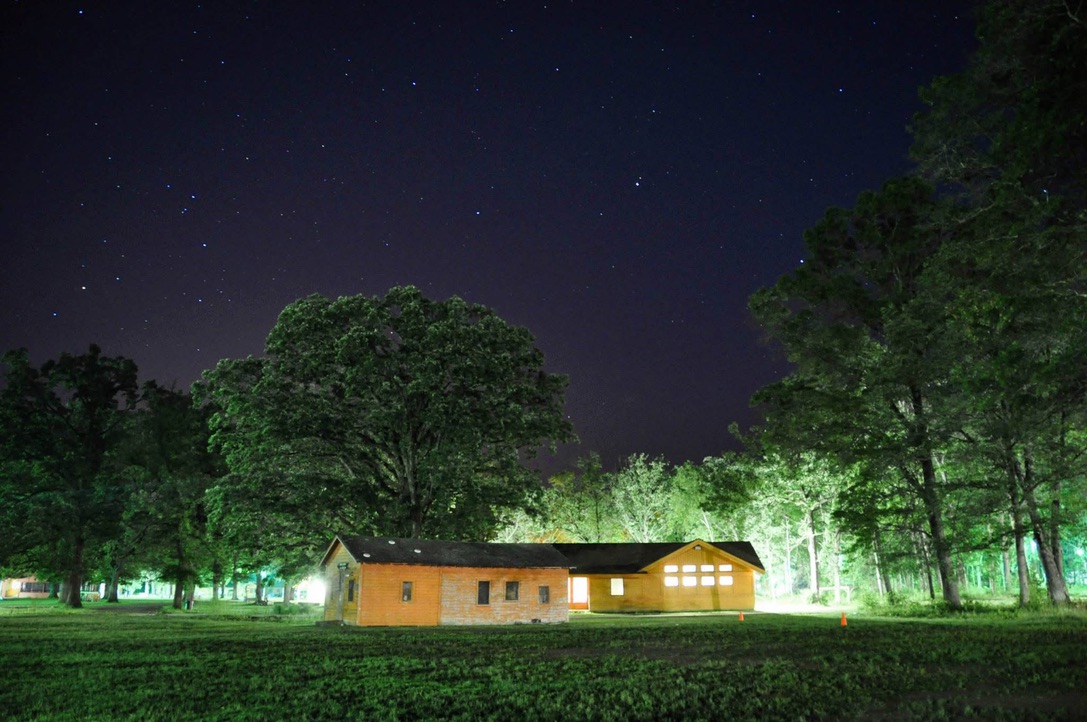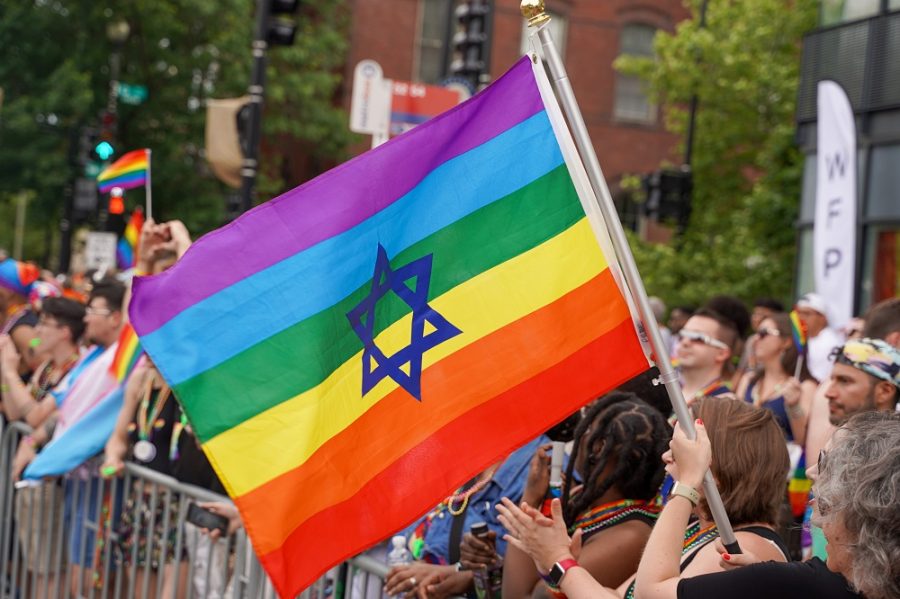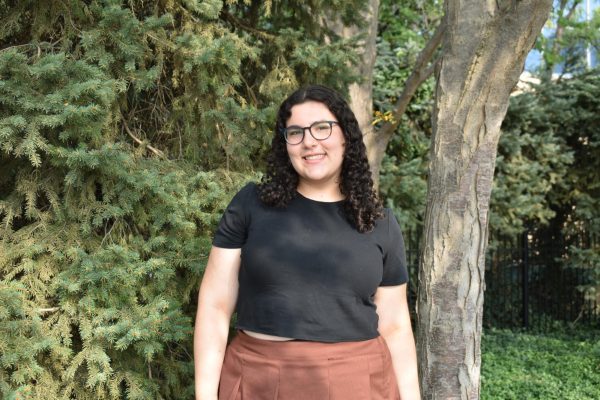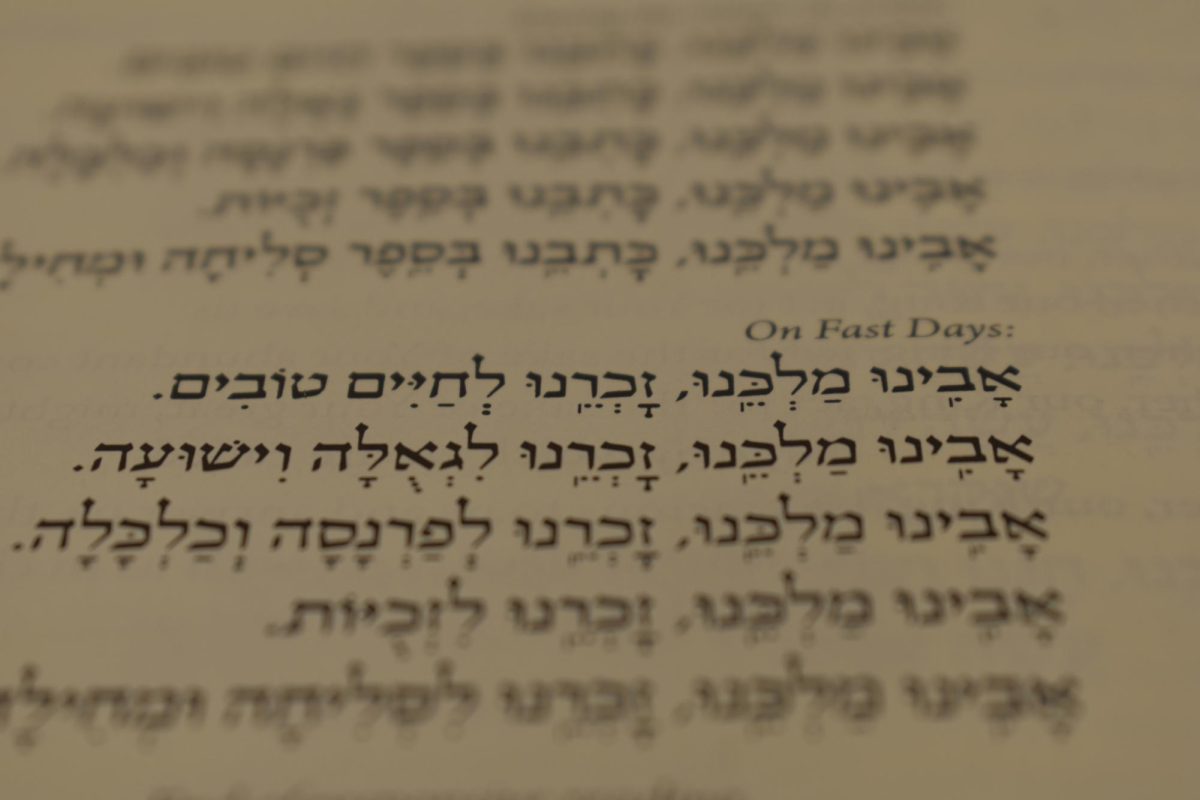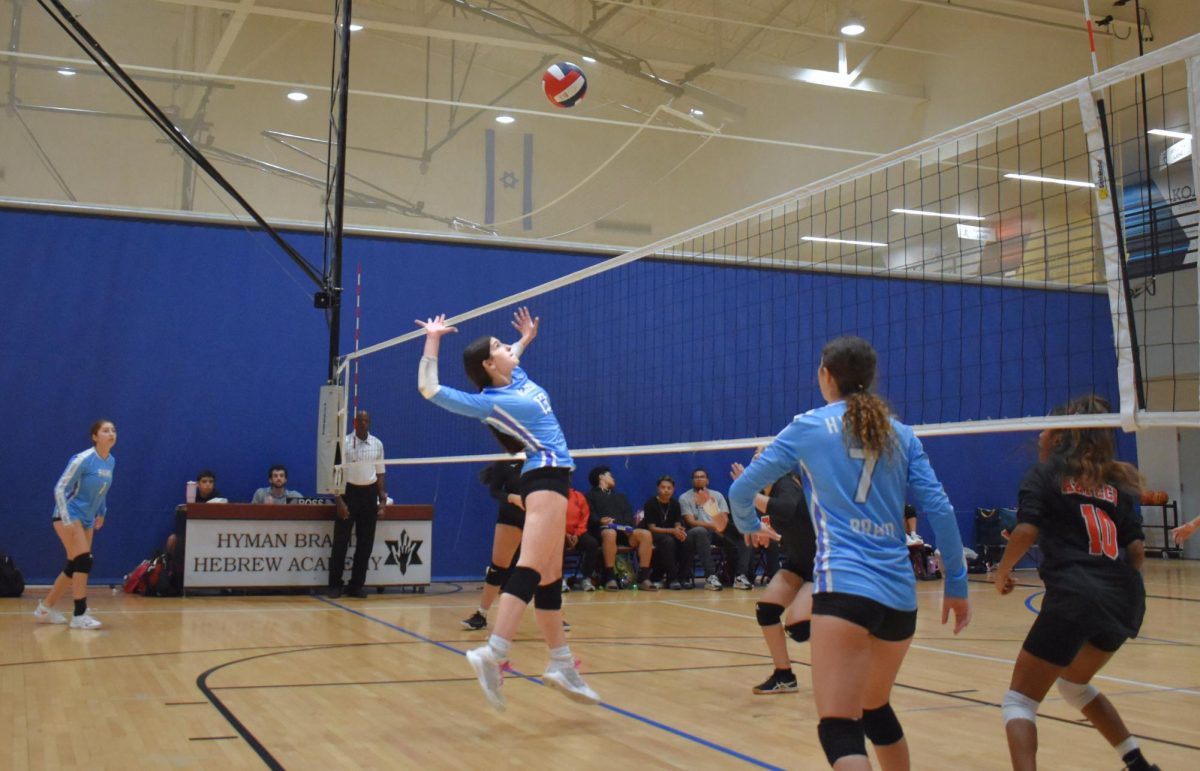How HBHA and the Larger Jewish World is Becoming a Safer Space for the LGBTQ Community
February 27, 2023
As our society develops, it is crucial for the Jewish community to develop alongside it. One of the major strides the Jewish community has made is its inclusion of the LGBTQ+ community. However, this is also an ever-evolving area for Jewish communities to work towards.
Keshet, founded in 2001, is the leading organization focused on LGBTQ+ inclusion and education in the Jewish community. Idit Klein, Keshet President and CEO, describes the nonprofit’s mission as creating “LGBTQ equality in Jewish life.”
When Klein came out as queer in college at Yale University, she never doubted her place in the Jewish world. However, she learned that many people did not agree with her presence in the community. Klein said, “That was the first time that I really felt excluded from Jewish life.”
She came to Keshet twenty-one years ago. What sparked her joining was seeing “a gap between the Jewish world that was and as I thought it should be.”
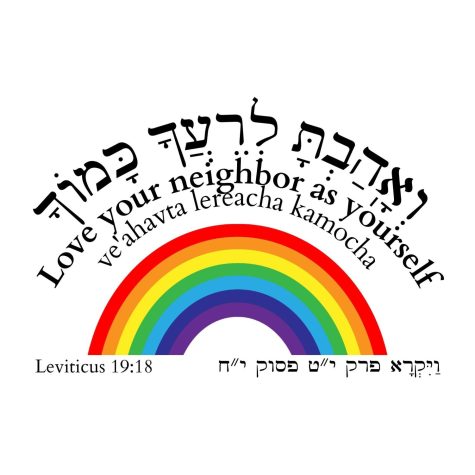
Keshet’s inclusion curriculum is based on “policies and programs.”
Policies refers to the institutional structure that defines Jewish organizations. This includes legal documents such as a sexuality protecting Non-Discrimination policy. Policies also include how membership is collected: What does a family at this synagogue look like? A single parent? Two moms?
For Keshet, the programs category of their programming includes LGBTQ+ representation in day-to-day activities. For example, supporting queer artists at film and art festivals. This could also mean structuring a children’s program that talks about families in a way that includes non-traditional families.
Klein also outlines the key steps a community can take when making their space more open to LGBTQ+ people.
She describes the first step as asking questions about what the organization had done in the past to send the message that LGBTQ+ people belong in their community. The second step is looking around at the policies that define the organization: How is a family defined? Are gender roles being enforced? Are there gender options other than male and female when filling out forms? The third step is to reflect on programs the organization has done, and do they reflect that LGBTQ+ are part of that community. Finally, “approach with humility” and do not be afraid to ask for help from organizations like Keshet.
Klein describes the value of inclusivity in Jewish life as “essential to who we are and how we show up in the world.” She says that after a history of seeing the devastating impact of discrimination and persecution, it is the Jewish community’s responsibility to ensure that LGBTQ+ issues are as respected as Jewish issues are.
Inclusivity of LGBTQ+ students is a major initiative here at Hyman Brand Hebrew Academy (HBHA). In 2017, HBHA introduced Rainbow Rams, a student-led gender and sexuality inclusion club- categorized as a Gay-Straight Alliance (GSA).
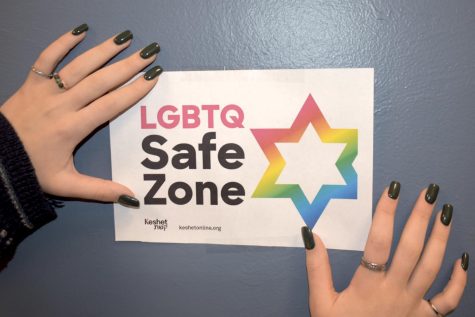
Rainbow Rams hosts weekly meetings for allies and LGBTQ+ students to come and explore their identities and simply exist in a safe space. Sofia Levine, the current leader of Rainbow Rams, describes the club as, “very open, and welcoming, because you know that no one will judge you based on your sexuality.” Levine creates worksheets and informative resources for students to help promote conversations about identity.
“I get to teach younger people about the knowledge that I know, so if they’re struggling or need to understand something that they don’t understand about themselves they can learn it there,” said Levine. She is passionate about making the club a place for introspection and development.
Levine shared about her positive experiences of inclusivity in the Jewish community as a queer person. She said, “I haven’t felt discriminated against,” but she described some examples of language inclusivity where the Jewish community can grow. For example, simply saying marriage instead of marriage to a man or woman. Levine also pointed out a few places in liturgy that do not use inclusive language. She said that “[i]f you change it [phrasing of prayers] for yourself, that shouldn’t be patronized.”
Through the work at Keshet nationally, and local work such as Rainbow Rams, the Jewish world is becoming a safer and more inclusive place for community members to thrive in.

































